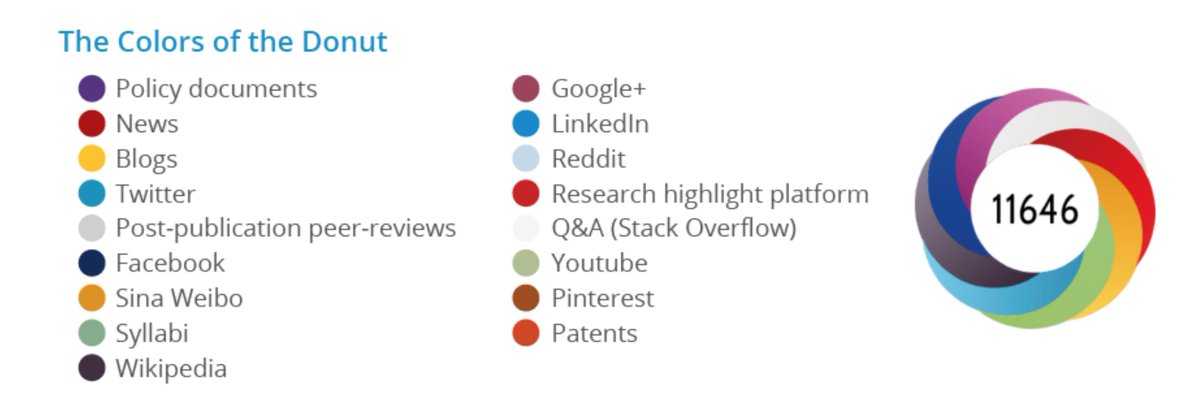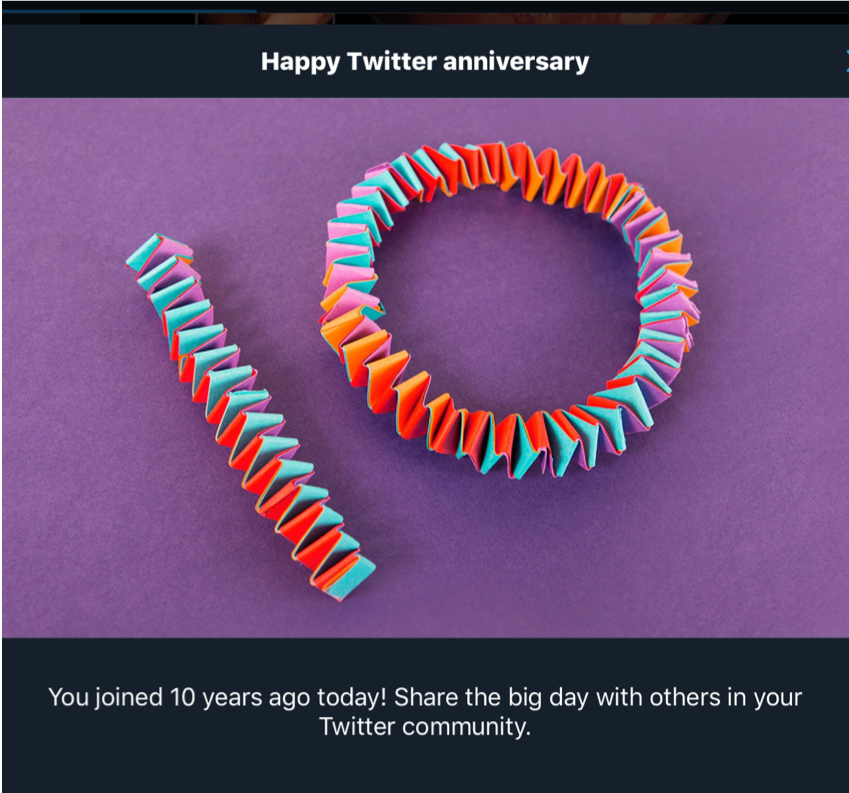As I approach a decade on @twitter, some things I've learned for it's utility for science and medicine:
1. By using http://allmytweets.net (exported as a PDF format), I can usually find any article I've cited, searching a word or hashtag. So tweeting became my 1° archival method
1. By using http://allmytweets.net (exported as a PDF format), I can usually find any article I've cited, searching a word or hashtag. So tweeting became my 1° archival method
2. In contrast to concerns about copyright infringement, journals like to have their article contents posted @twitter. It's equivalent to @readcube, since it doesn't provide the PDF. And it really helps people who don't have access, dealing w/ the paywalls
3. Live @twitter feedback makes your presentations better. You learn what points resonate, and those which engender confusion or consternation. A lot more specific and useful than the generic, customary "enjoyed your talk"
4. As people scroll thru their twitter feed, they want to go quickly. One method often used is to highlight a single sentence. I like to highlight the whole or major portions of a piece to preserve its context, and useful when I refer back to it.
5. I probably tweet too much ("twitterorhea"), but I'm just sharing what I read and it's the best way I have to archive stuff. And if we all shared what we read (that was interesting),we'd get smarter faster.
6. Can never underestimate the value of humor. I curate cartoons and it never ceases to amaze me how popular they can be compared to what I think is a really important science contribution. @twitter brings cheer :-)
7. Every one of the >20K tweets I've posted comes from me. I view any ghost-tweeting as similar to ghost-writing---unacceptable.
A few more to add:
8. When linking a paper, it's worth the time to find & cite the author(s) or journalist twitter handles. They're doing the heavy lifting and ought to be acknowledged. And @twitter should make it easier to find people in #sciencetwitter #medtwitter. #courtesy
8. When linking a paper, it's worth the time to find & cite the author(s) or journalist twitter handles. They're doing the heavy lifting and ought to be acknowledged. And @twitter should make it easier to find people in #sciencetwitter #medtwitter. #courtesy
9. A key driver of @altmetric is @twitter, and this metric of how much attention a paper attracts is increasingly being recognized as important in academics. The case for authors to be on @twitter, post threads of their work, respond to #SoMe critique, is gaining traction.
10. If you're on @Twitter and posting, your identity is shaped by what you write. Critique and exchange of ideas are vital. This can and should always be done collegially, with respect. Otherwise you get muted, look bad, or both.

 Read on Twitter
Read on Twitter



